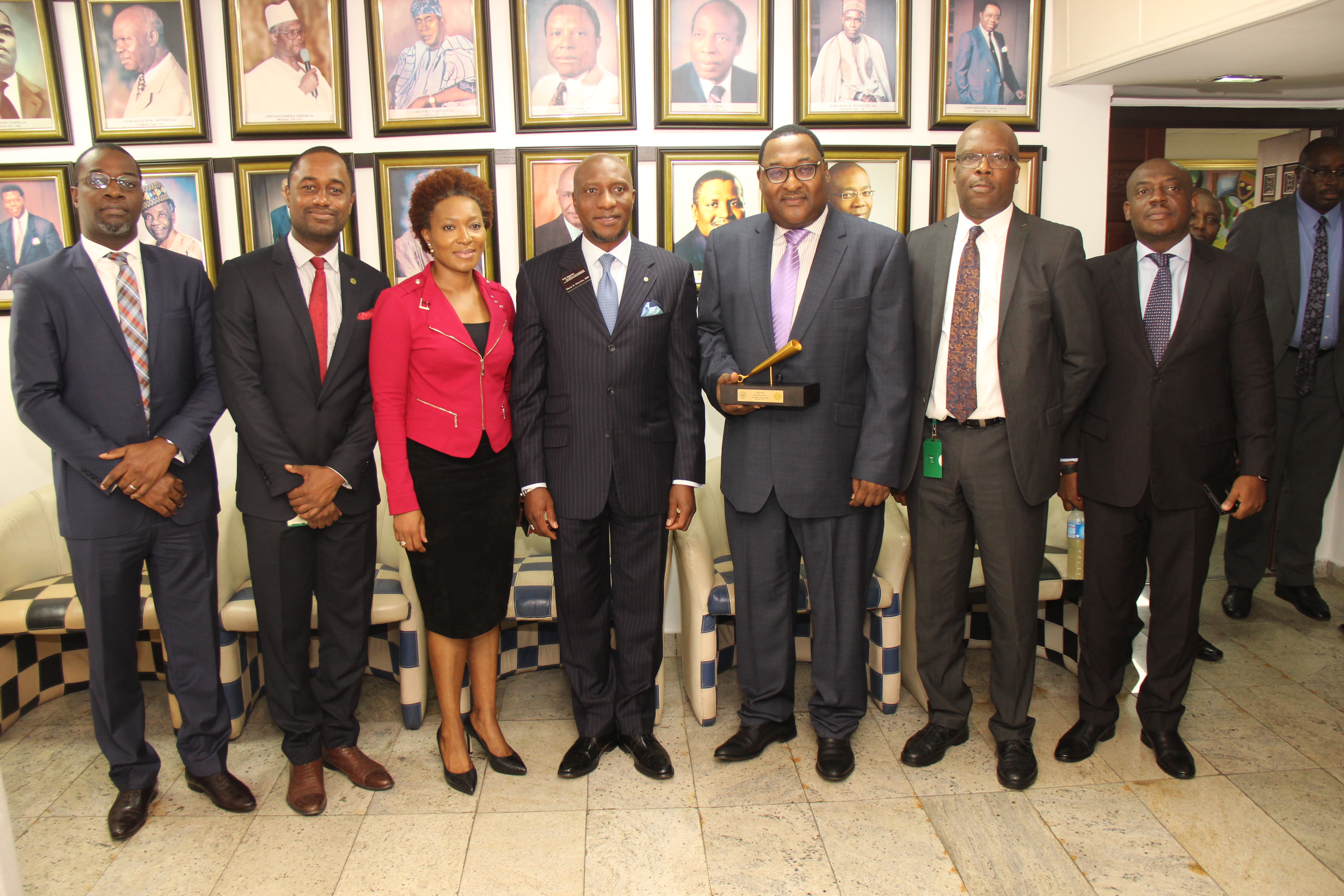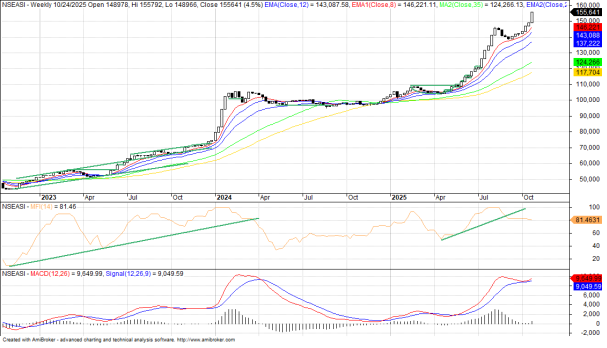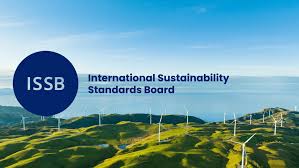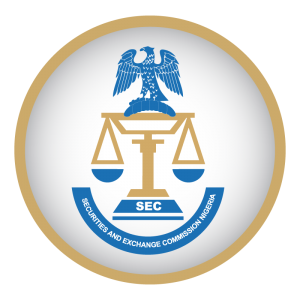
Photo Caption: From left, Oluwole Ololade Adeosun, Council Member of The Nigerian Stock Exchange (NSE); John Oriogun, Founder, John Oriogun PLLC; Irene Robinson-Ayanwale, Head, Legal Department, NSE; Marylin Ramplin, Founder, Novia One Group; Tinuade Awe, General Counsel & Head of Regulation, NSE; Patrick Adebayo Ajayi, Council Member, NSE and Yomi Adeyemi, Council Member, NSE during Legal and Risk Aspects of Derivative and Central Counterparty Clearing (CCP) Transaction programme in Lagos on Monday, November 20, 2017.
The Nigerian Stock Exchange (NSE), at the weekend put forward a draft rule requiring that the only three listed companies on its premium board comply strictly to existing corporate governance practices, besides publishing sustainability reports.
To list on the Main and the Premium boards, a company (issuer), “must have a minimum market capitalization of N200bn on the date The Exchange receives the Issuer’s application to list on the Premium Board.”
The companies: Dangote Cement, Nigeria’s biggest stock, accounting for about a third of the NSE’s market capitalization; Zenith Bank and FBN Holdings, are expected to also comply with additional disclosure requirements, including “related party transactions and annual corporate events calendar.”
They are to also “hold at least annually, a public meeting with analysts and other stakeholders.”
For greater flexibility in the area of eligibility requirements, “additional financial and liquidity criteria such as profit, cash flow, market capitalization, and asset, are being introduced,” the exchange noted, besides provisions that address the NSE’s “treatment of non-compliance with the minimum financial requirements are also included.”
The proposed amendments to the Premium Board Rules, the NSE explained further, would “address the need for Issuers’ compliance with applicable codes of corporate governance in force.”
The amendments, the statement continued, is in its “continued effort to reposition itself as the preferred destination for Issuers of securities in Africa launched its Premium Board on 25 August 2015.”
The NSE therefore invited comments from diverse stakeholders by way of reviews of the draft Rules and providing comments thereon, to create public awareness and solicit the public’s feedback on the draft Rules and proposed Rule amendments; and improve the quality of the Rules and thereby have a robust, well written set of Rules.
The final draft of the rules, which according to Ms. Tinuade T. Awe, the NSE’s General Counsel and Head of Regulation, would be approved by the National Council of The Exchange, and the Securities and Exchange Commission, must be submitted “not later than the close of business on Monday, 18 December 2017.”












